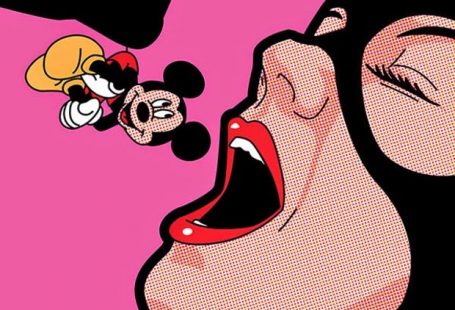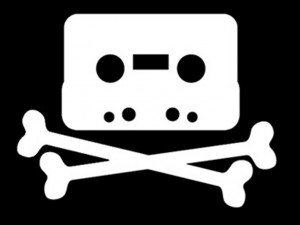Finding a good Chinese name for luxury brands
For luxury brands, finding a Chinese name that is widely accepted by different stakeholders has become increasingly complicated thanks to the fast pace of communication and the flow of information.
“There are certainly some basic criteria for creating a good Chinese name, such as whether it is memorable, conveys the brand’s story, and has no negative meaning in Mandarin and major dialects.” says Vladimir Djurovic,founded and headed of now Shanghai-based Labbrand.
He is an internationally recognized brand expert with clients such as ClubMed, L’Oréal, P&G, Disney, Volkswagen, IKEA, Gucci Group, Häagen-Dazs, ING, Nestle, TESCO and many others.
“In the luxury sector, phonetically translated Chinese names tend to perform well.”
The French luxury brand Chanel, or 香奈儿 (Xiang Nai Er) in Chinese, is an example cited by many industry experts of what luxury brands should do when it comes to deciding on a Chinese name.
The first character 香 (Xiang) means “scented and aromatic” in Chinese; 奈 (Nai) is a close approximation of a phonetic sound to the original pronunciation of Chanel; the last character 儿 (Er) does not have explicit meaning, but usually implies a soft and feminine tone in the Chinese language.
The three characters combined successfully capture the essence of Chanel as an elegant, exquisite, and feminine high-end brand that only produces high-quality goods for female consumers.
In reality, these criteria often cannot guarantee a satisfactory result, as shown in many cases, but that should not discourage brands. Naming is just one part of branding and is not the only factor that determines the performance of a luxury brand in China.
“Naming is important but it is not everything. A brand’s name becomes more acceptable when its overall image among consumers becomes positive,” said Houdart from Creative Capital. Apple, for example, was not perceived as a conventional name for a tech company in the beginning, but now it has become an icon, Houdart said.
The recent controversy over Airbnb’s new Chinese name, Aibiying (爱彼迎), has put the spotlight back on brand naming in China. Though the new name of the house rental site attempts to convey the brand’s philosophy to “welcome each other with love,” the majority of Chinese online users are not buying it.
In 2013, Italian luxury and high fashion brand Bottega Veneta had a similar experience when it changed its official Chinese name to Baodiejia (葆蝶家) from Baotijia (宝缇嘉) because it was already registered in the mainland. The pronunciation of the new name has negative connotations that mean “a steep drop in price.” Critics of the name say it does not match the brand’s high-end image, but instead sounds more like a name for cheap stores on Taobao. The public backlash prompted Bottega Veneta to stop featuring its Chinese name on its Chinese official website and other social media channels, including WeChat and Weibo.
The cases of Airbnb and Bottega Veneta show that something as simple as a name can make a huge difference in the way Chinese consumers perceive a brand.
“Finding a good Chinese name for luxury brands is even more difficult than that for FMCG (fast-moving consumer goods),” said Louis Houdart, founder and CEO of Creative Capital, a branding agency in China. “For luxury brands, it has to convey a sense of feeling or emotion, which is quite intangible.”
Dandi Law Firm provides legal assistance in Copyright. Check out our Services or contact Us!






